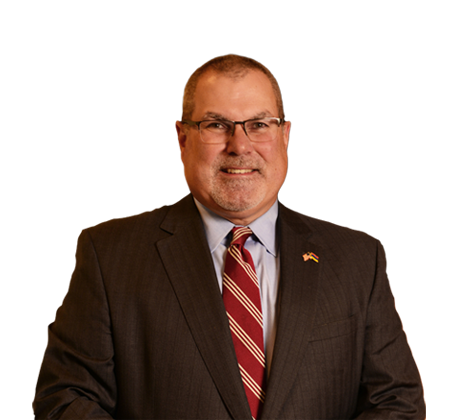This Alert highlights how recent developments might affect your organization's social media policy. Over the past year, the National Labor Relations Board's Office of the General Counsel ("OGC") has issued three reports regarding social media policies and the workplace affecting both unionized and non-unionized employees. In its latest report, dated May 30, 2012 (the "Report"), the OGC reviewed a number of its decisions concerning employers' policies and rules that were challenged as unlawfully overbroad under the National Labor Relations Act ("NLRA"). This Alert summarizes some of these cases to help you understand how the decisions might affect your social media policies.
The recent developments hinge on a section of the NLRA that affects both unionized and non-unionized employees. Section 7 protects the right of unionized and non-unionized employees to "self-organization, to form, join, or assist labor organizations, to bargain collectively through representatives of their own choosing, and to engage in other concerted activities for the purpose of collective bargaining or other mutual aid or protection." These are called "protected activities." An example of a protected activity includes a statement by one employee to another employee implicating the working conditions. Another example is an employee's efforts to organize other employees for the purpose of forming a union. Finally, Section 7 also provides employees "the right to refrain from any or all such activities." Many of the disputes before the OGC involve an employer's rule or policy that allegedly unlawfully restricts discussions and activities protected by Section 7, particularly regarding complaints about working conditions.
In Lutheran Heritage Village-Livonia, 343 NLRB 646, 647 (2004), the National Labor Relations Board ("NLRB") developed a two-step inquiry to determine if a work rule or policy has the effect of restricting employees in the exercise of their Section 7 rights. First, under Lutheran Heritage, a company rule or policy is unlawful if it explicitly restricts protected activities. Second, even if an employer rule or policy does not explicitly restrict such activity, it is unlawful if (1) employees would reasonably construe the rule or policy to prohibit protected activity; (2) the rule or policy was promulgated in response to union activity; or (3) the rule or policy is applied to restrict the exercise of Section 7 rights.
Applying the Lutheran Heritage test, the OGC has routinely found that employers' social media policies are overbroad and unlawful under the NLRA. Examples include:
• A policy prohibiting the release of confidential company information. In finding that such a policy was unlawfully overbroad, the OGC reasoned that the prohibition could "reasonably be interpreted as prohibiting employees from disclosing and discussing information regarding their own conditions of employment, as well as the conditions of employment of employees other than themselves-activities that are clearly protected by Section 7."
• A policy prohibiting employees from posting photos, music, videos, and quotes and personal information of others and from using the employer's logos and trademarks. In determining that such a restriction was unlawfully overbroad, the OGC reasoned that an employee could reasonably interpret the provision as "proscribing the use of photos and videos of employees engaging in Section 7 activities, including photos of picket signs containing the employer's logo." Although recognizing the employer's proprietary interest in its trademarks, the OGC concluded that the employees' non-commercial use of the employer's logo or trademarks while engaging in protected activities would not infringe that interest.
• A policy that discouraged employees from "friending" co-workers. In finding such a provision unlawfully overbroad, the OGC reasoned that the provision would "discourage communications" among co-workers, and therefore it necessarily interfered with activities protected by Section 7. Importantly, the OGC noted that there was no limiting language in the provision clarifying for employees that it did not restrict Section 7 activity.
• A policy prohibiting employees from commenting on legal matters, including pending litigation or disputes. In finding this provision unlawful, the OGC found that the policy "specifically restricted employees from discussing the protected subject of potential claims against the employer."
• A policy prohibiting employees from making disparaging or defamatory comments over social media. In finding this policy unlawful, the OGC reasoned that the prohibition was illegal because "employees would reasonably construe this prohibition to apply to protected criticisms of the employer's labor policies or treatment of employees."
Finally, the Report noted that the existence of a savings clause in a policy will not necessarily cure an otherwise unlawful provision. A savings clause states that the policy will not be construed or applied in a manner that would interfere with employees' NLRA rights. For example, the Report noted that a savings clause in one employer's policy that prohibited employees from commenting on legal matters was insufficient because employees would not understand from the disclaimer's language that activities protected under the NLRA were permitted.
In sum, the OGC's latest Report highlights the need for employers to revisit their social media policies. Employers should review their policies for language that could violate the NLRA. New Jersey employers should work closely with counsel to implement social media policies that will protect their business interests in light of OGC scrutiny.





